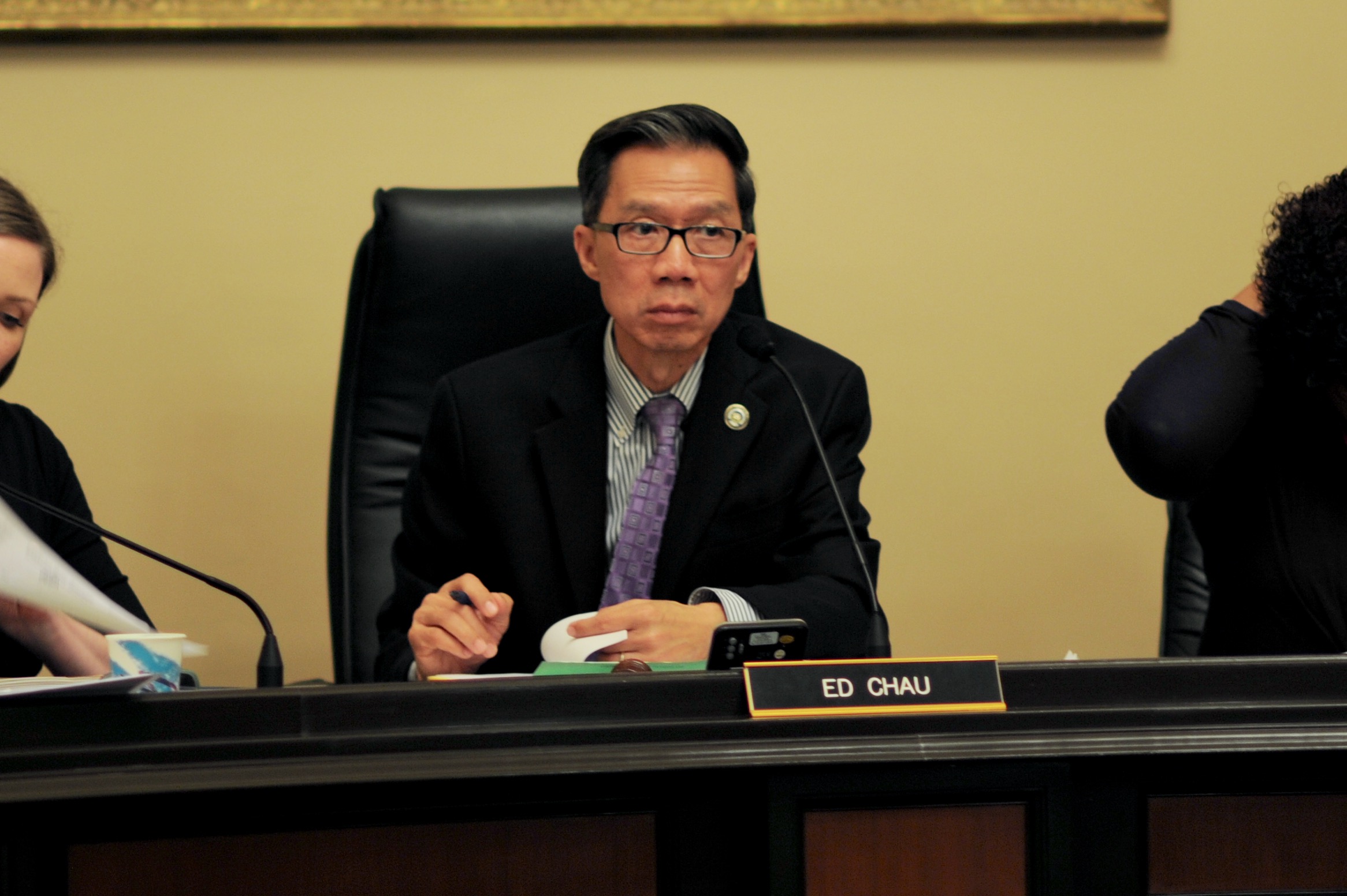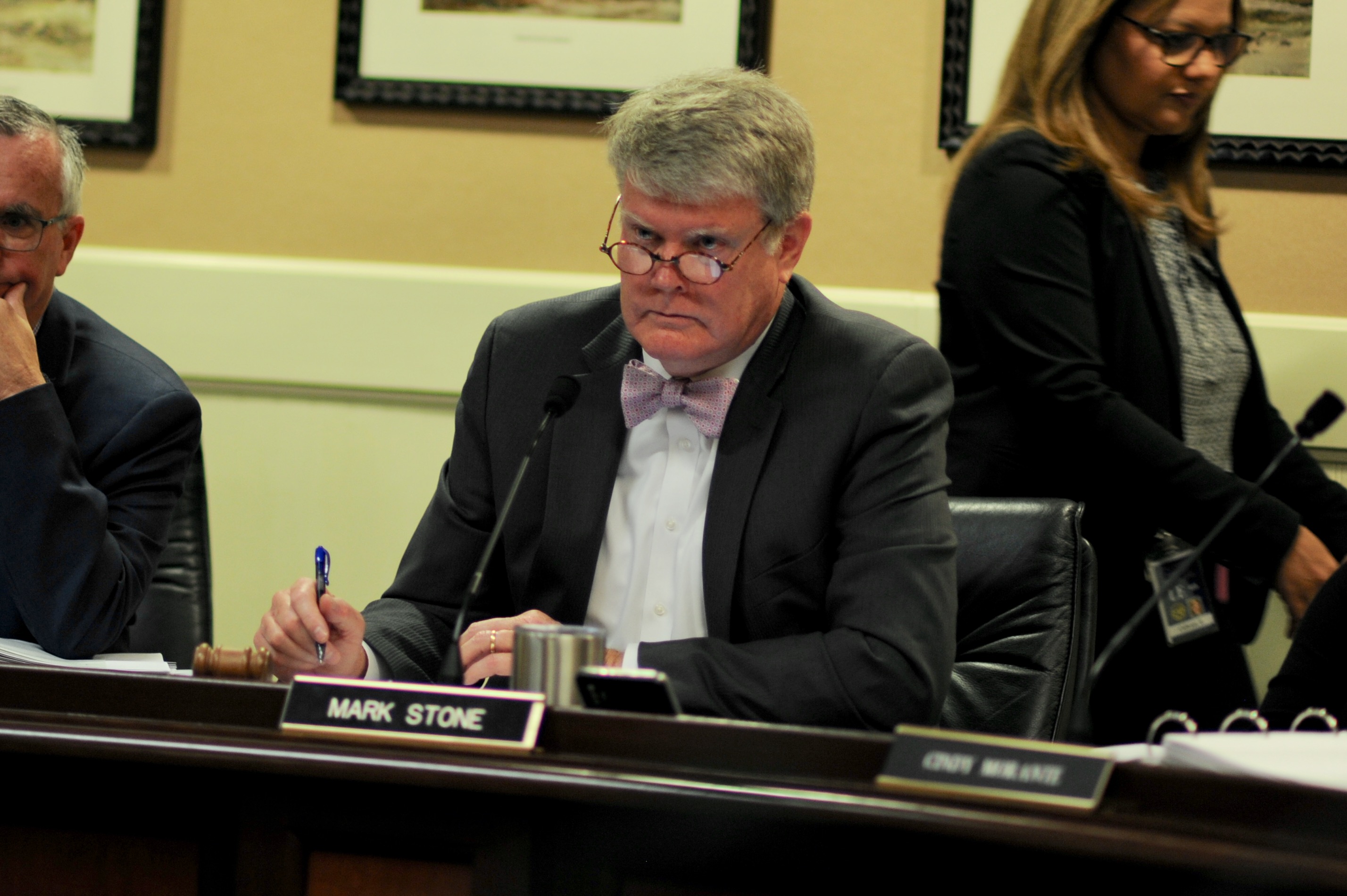
Sen. Connie M. Leyva. (Photo: Kevin Sanders for California Globe)
SB 331 Prohibits Nondisclosure Agreements
Expands the prohibition contained in existing law to include acts of workplace harassment or discrimination
By Chris Micheli, October 10, 2021 9:22 am
On October 7, 2021, Governor Gavin Newsom signed into law Senate Bill 331 by Sen. Connie Leyva (D-Chino), prohibits the use of non-disclosure agreements (NDAs) to settle employment and housing-related legal claims involving unlawful harassment, discrimination, or related retaliation of any kind, with limited exceptions when requested by the complainant.
SB 331 expands existing law on settlement and non-disparagement agreement. The bill amends Section 1001 of the Code of Civil Procedure and Section 12964.5 of the Government Code. Existing law prohibits a settlement agreement from preventing the disclosure of information in sexual assault and sexual harassment cases.
SB 331 expands the prohibition contained in existing law to include acts of workplace harassment or discrimination not based on sex and an act of harassment or discrimination not based on sex by the owner of a housing accommodation. In addition, the state’s Fair Employment and Housing Act (FEHA) prohibits various actions as unlawful employment practices unless the employer acts based upon a bona fide occupational qualification or applicable security regulations.
SB 331 prohibits an employer from requiring an employee to sign a non-disparagement agreement or other document to the extent it has the purpose or effect of denying the employee the right to disclose information about prohibited acts. The bill also provides that any provision in violation of that prohibition is against public policy and unenforceable.
Section One of the bill amends Civil Code Section 1001. Existing law is amended to specify that any non-disclosure provisions that “prevent or restrict” (by adding the term restrict) the disclosure of factual information is prohibited. It also strikes the limitation on “discrimination based on sex” and applies to all discrimination cases.
In addition, the new law clarifies that these amendments apply only to agreements entered into on or after January 1, 2022. However, all other amendments made are “not to be construed as substantive changes, but instead as merely clarifying existing law.”
Section Two of the bill amends Government Code Section 12964.5 to prevent an employer from requiring an employee to sign an agreement or document “to the extent it has the purpose or effect of denying the employee the right to disclose information about unlawful acts in the workplace.”
Moreover, a nondisparagement or other contractual provision that restricts an employee’s ability to disclose information related to conditions in the workplace must include, in substantial form, the following language: “Nothing in this agreement prevents you from discussing or disclosing information about unlawful acts in the workplace, such as harassment or discrimination or any other conduct that you have reason to believe is unlawful.”
In addition, FEHA is amended to provide that “It is an unlawful employment practice for an employer or former employer to include in any agreement related to an employee’s separation from employment any provision to the extent it has the purpose or effect of denying the employee or former employee the right to disclose information about unlawful acts in the workplace.”
The phrase “information about unlawful acts in the workplace” would be defined to include information pertaining to harassment or discrimination or any other conduct that the employee has reasonable cause to believe is unlawful. The law is also clarified that it does not prohibit the inclusion of a general release or waiver of all claims in an agreement related to an employee’s separation from employment, provided that the release or waiver is otherwise lawful and valid.
Moreover, an employer offering an employee or former employee an agreement related to that employee’s separation from employment must notify the employee that the employee has a right to consult an attorney regarding the agreement. The employer must also provide the employee with a reasonable time period of not less than five business days in which to do so, although exceptions are permitted.
Finally, this section does not prohibit the entry or enforcement of a provision in any agreement that precludes the disclosure of the amount paid in a severance agreement, and this section does not prohibit an employer from protecting the employer’s trade secrets, proprietary information, or confidential information that does not involve unlawful acts in the workplace.




